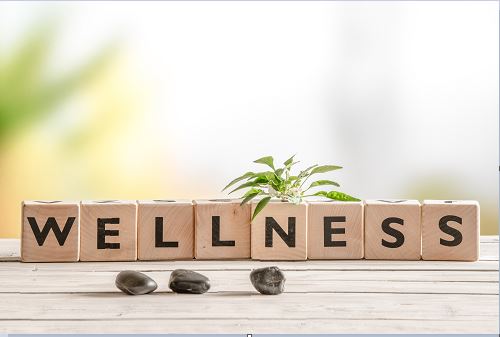
@ShahidNShah


Hemorrhoids might sound like an uncomfortable topic, but for millions of adults, they’re a very real part of daily life. Swelling, itching, and pain around the rectal area can disrupt routines, reduce productivity, and impact overall quality of life. While most people think of diet or physical strain as the primary culprits, one often-overlooked factor is stress.
Can emotional tension really make physical symptoms worse? And if so, how does managing stress become part of the healing process? Let’s break this down in practical terms and explore how holistic care approaches, focusing not just on the body but also the mind, can improve recovery outcomes.
Hemorrhoids develop when blood vessels in the rectal area become swollen or inflamed. The most common triggers include:
While these are the physical causes, factors like stress often act as hidden amplifiers. Stress doesn’t directly “create” hemorrhoids, but it disrupts digestion, tightens muscles, and makes existing symptoms worse — which is why holistic recovery requires addressing both body and mind.
Stress isn’t just “in your head.” It has very real physical effects:
If the cycle sounds familiar, feeling stressed, noticing digestive issues, and then dealing with painful flare-ups, it’s because the body and mind are tightly interconnected. In the case of hemorrhoids, this connection means stress doesn’t just make you feel uneasy; it directly worsens the symptoms you’re already trying to manage. Let’s see how.
When people talk about hemorrhoids and stress, it’s often dismissed as a coincidence. But stress-related hemorrhoid flare-ups are very real. Most people focus only on topical creams, dietary fiber, or medical procedures when treating hemorrhoids. While these approaches are important, ignoring stress is like fixing a leak without turning off the water supply.
Managing stress lowers the triggers that worsen symptoms. It can:
This is why experts emphasize treating both the physical and emotional sides of hemorrhoids. Resources like the Hemorrhoid Institute of Connecticut explain that recovery plans combining medical care with stress management deliver better long-term results, highlighting how holistic hemorrhoid care supports both comfort and healing..
You don’t need to overhaul your entire lifestyle overnight. Small, consistent changes can make a meaningful difference. Here are some proven approaches:
The best part? These strategies don’t just help hemorrhoid recovery; they improve overall well-being.
Medical treatments and lifestyle changes aren’t either-or choices. They reinforce each other. For example:
Holistic care means putting both sides of the equation together, giving patients better long-term outcomes.
Patients often benefit from adding these habits to their recovery journey:
Each of these habits may seem small, but combined, they create a more supportive recovery environment.
Healing from hemorrhoids isn’t just about creams, fiber supplements, or medical interventions. It’s also about creating a calmer internal environment where the body can actually heal. Stress is a quiet but powerful driver of flare-ups, and learning to manage it turns recovery into something sustainable, not just temporary relief.
Holistic care brings both sides together: treating the physical symptoms while also giving patients the mental tools to break the cycle. For leaders and individuals alike, the message is clear: when it comes to hemorrhoids, ignoring stress means ignoring half the problem.

Artificial intelligence (AI) has begun reshaping many industries, and medical manufacturing is one of the most impacted. From improving production efficiency to ensuring higher product quality, …
Posted Sep 11, 2025 Artificial Intelligence Biomedical Technology
Connecting innovation decision makers to authoritative information, institutions, people and insights.
Medigy accurately delivers healthcare and technology information, news and insight from around the world.
Medigy surfaces the world's best crowdsourced health tech offerings with social interactions and peer reviews.
© 2026 Netspective Foundation, Inc. All Rights Reserved.
Built on Feb 16, 2026 at 12:47pm